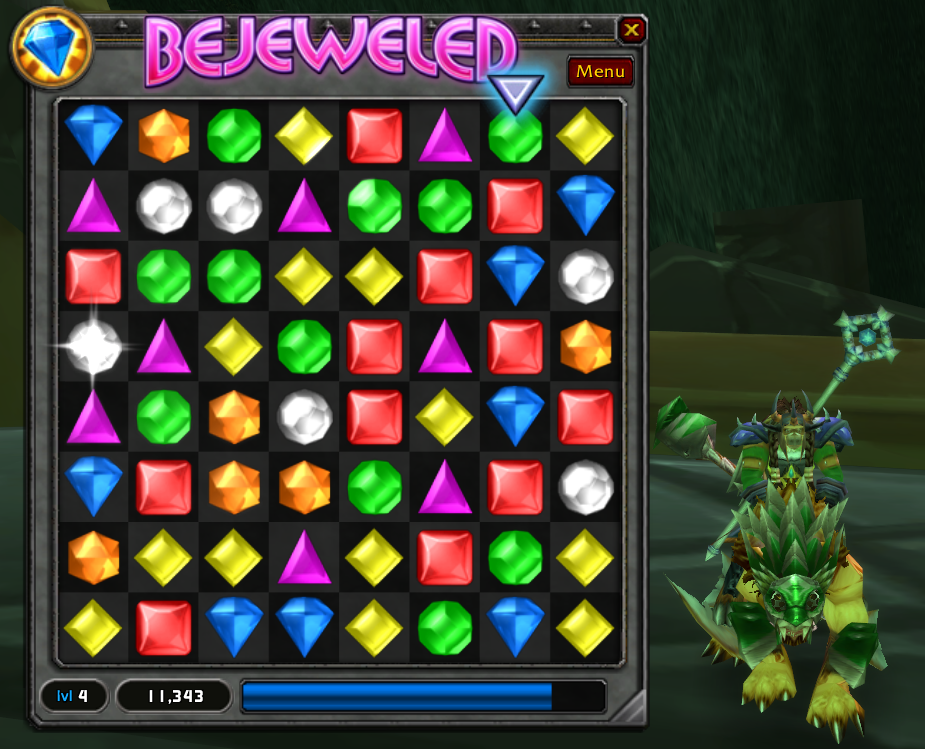Not so for this last year.
For the first time ever, web browsing has seen a decline - at least in North and Latin America and Asia-Pacific. In 2009, almost 40% of all online traffic in North America was centered on web browsing, a percentage that dropped almost in half to just over 20% in 2010, a trend mirrored every where else but in Europe. That continent, by contrast, saw surfers surge from 26% to almost 45% in that time.
What media gained at web browsing's expense?
For starters, more people are consuming real-time entertainment, a category that rose from 30% to over 42%. Real-time entertainment essentially refers to online television and movies, with Netflix alone accounting for 1/5 of all downstream activity.
Social networking, from Facebook to Foursquare and beyond, has also emerged as a solid media, accounting for almost 3% of traffic, a percentage slightly exceeded by real-time communications such as Skype.
P2P file-sharing, too, has seen an increase from 15% to 19%, though this increase has passed mobile networks by, where the slower networks and smaller memory capacity of cellphones have made file-sharing much less attractive. File-sharing, though, still represents over half of all upstream activity online.
With the emergence of the iPhone and, to an increasing extent the iPad as media platforms, the rate of web surfing could still drop further, since increasing amounts of content are placed inside of apps instead of on websites. Moreover, the upcoming release of the new World of Warcraft Cataclysm expansion, millions of people will once again return to the WoW platform.
 Beyond the energizing of the WoW base, this platform is expected to increase its audience as it abandons "grinding" for a more social interaction. Grinding is videogame jargon for making players carry out tasks repetitively in order to gain weapons, powers or other positive attributes. Instead of having to waste time at each level, the game will allow faster training and resource acquisition and instead focus on the more social aspects of the fantasy platform, a move expected to appeal beyond the hardcore gamer demographic.
Beyond the energizing of the WoW base, this platform is expected to increase its audience as it abandons "grinding" for a more social interaction. Grinding is videogame jargon for making players carry out tasks repetitively in order to gain weapons, powers or other positive attributes. Instead of having to waste time at each level, the game will allow faster training and resource acquisition and instead focus on the more social aspects of the fantasy platform, a move expected to appeal beyond the hardcore gamer demographic. WoW has increasingly transformed itself into its own platform. Two years ago, for example, the game allowed its players to place the popular game Bejewelled on its platform. Cataclysm will similarly let users play the game Plants vs. Zombies within the WoW environment. This type of integrative approach is yet another example of the alternatives to web browsing that exist and are likely to grow in time.
WoW has increasingly transformed itself into its own platform. Two years ago, for example, the game allowed its players to place the popular game Bejewelled on its platform. Cataclysm will similarly let users play the game Plants vs. Zombies within the WoW environment. This type of integrative approach is yet another example of the alternatives to web browsing that exist and are likely to grow in time.Another media platform likely to further steal websurfers' spare time is online TV. With Apple entering the product space with its increasingly relevant AppleTV product that makes consuming online television more and more appealing, along with the recent Comcast purchase of NBC that will allow the cable and internet giant the ability and incentive to get more programming online, internet television is expected to take up an ever more increasing percent of online downstream traffic. This can already be seen in the recent drop in cable subscribers as they flock to online television services.

All in all, this is really just a continuation of the seemingly ever-increasing and ever-more-quick adoption of new media and new media platforms of the last century. It just seems surreal, however, to see web surfing going from being the new hot thing to an old friend.

wow! I find that an incredible statistic considering I browse search engines all the time!!!
ReplyDelete